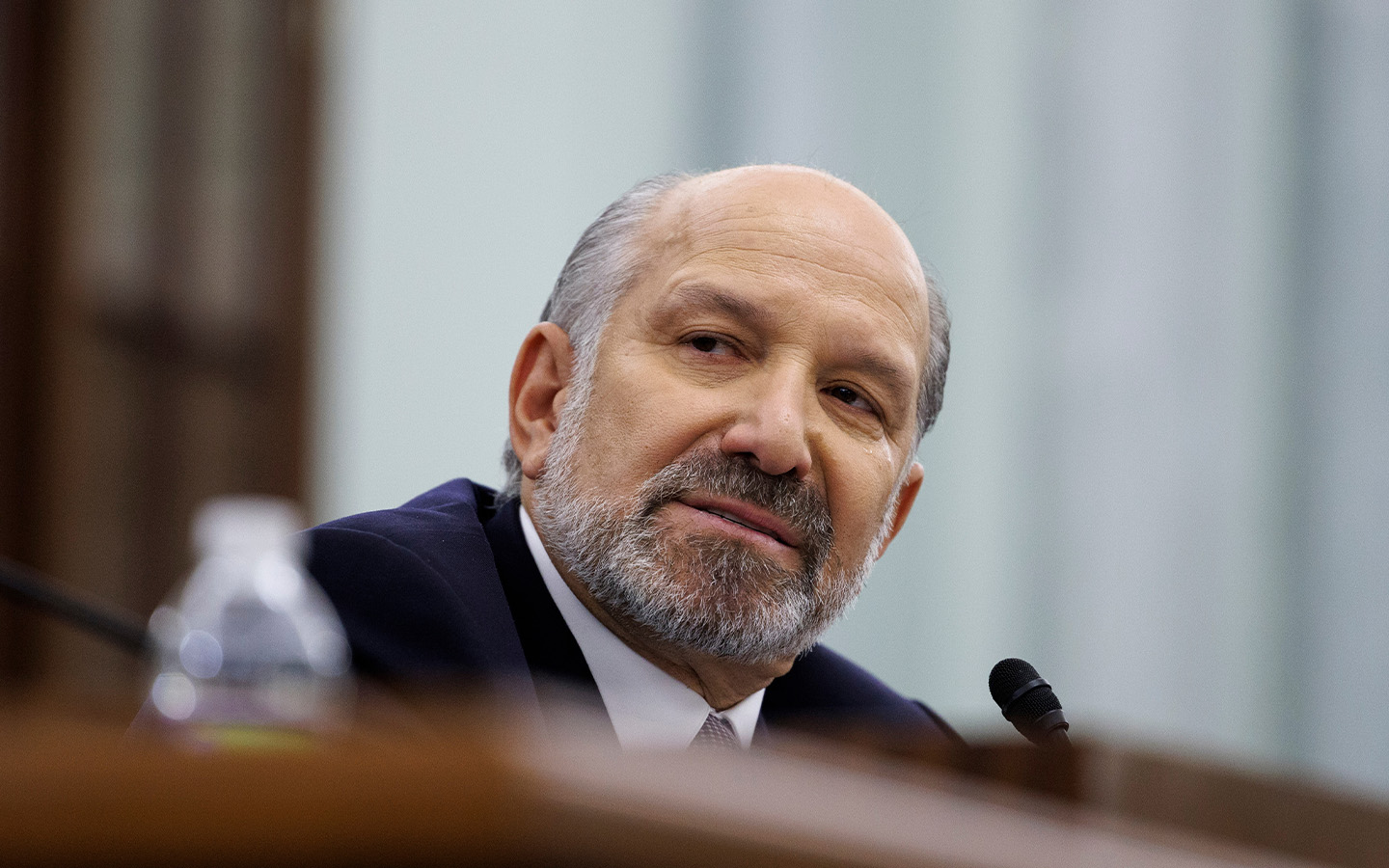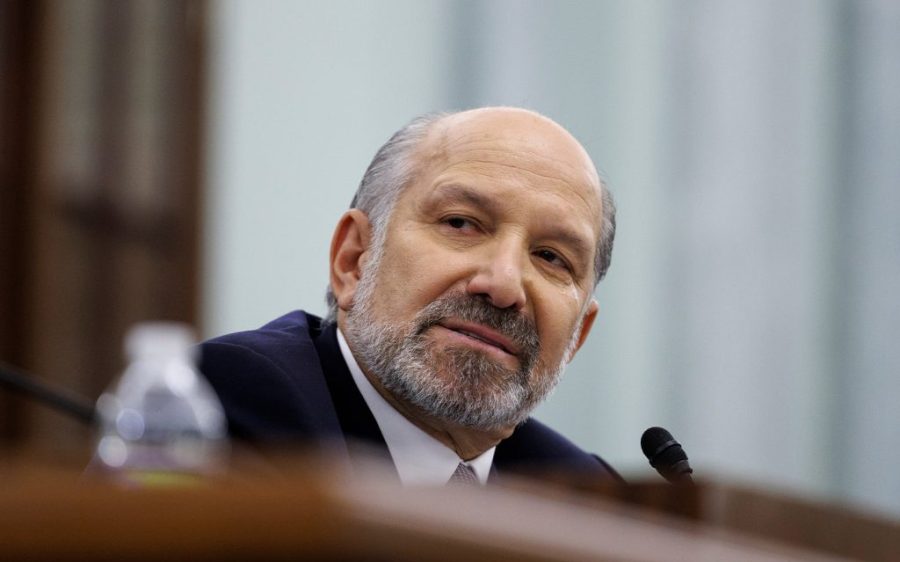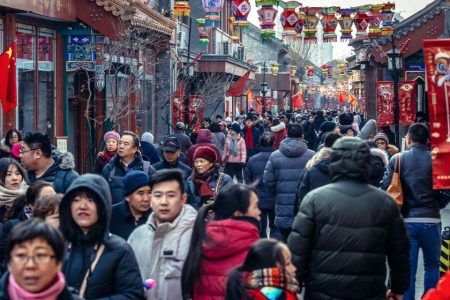Chinese and US trade representatives have spent the past two days in London negotiating a more robust trade deal than the fragile truce achieved in Switzerland last month. According to the Reuters news agency, Howard Lutnick, the US commerce secretary, said yesterday’s talks went “really, really well.”
No details have been revealed, however, and Lutnick implied that the meeting could stretch into Wednesday.
On Monday, White House economic adviser Kevin Hassett said the US could lift additional export controls it had recently imposed on semiconductor technology if China hastened its deliveries of rare earths and magnets, which now face strict export controls imposed by Beijing. Trump also told reporters at the White House that negotiating with China was “not easy,” Bloomberg reported.
Josh Lipsky, chair of international economics at the Atlantic Council, told Reuters that the lengthiness of the London talks was a positive sign and likely meant “they’re getting granular.” He didn’t think any major breakthroughs would come this week, however.
The Washington Post, meanwhile, described China’s “strong hand” in the negotiations. That assessment was based on the country’s better than expected economic resilience along with its control of rare earths – critical to major sectors in the US including defence and smartphone manufacturing.
[See more: Hit by rising costs, US retailers are demanding that Chinese firms pay for shipping]
On Tuesday, Chinese state media published an editorial noting that Beijing’s latest regulations around rare earth exports were “driven by [China’s] domestic industrial sustainable development needs … and [were] not, as some claim, a so-called ‘tactical countermeasure.’”
“Rather than succumbing to anxiety over ‘decoupling’ or misconceptions of rare earths as a ‘strategic weapon,’ it would be more constructive for the West to focus on understanding and adapting to China’s new measures,” it read.
Wu Xinbo, dean of Shanghai’s Institute of International Studies at Fudan University, told the Post that Washington appeared to have acknowledged that “China was better prepared for the trade war” than initially predicted.
“Back in February, the mainstream narrative in the US was ‘Oh, the Chinese economy is bad,’ so if the US is going to use a tariff stick, China would have no choice but to surrender,” he said.
Last month, the United States agreed to ease the sweeping tariffs it had imposed on China following Trump’s so-called “Liberation Day” announcement in April. In response, China lowered the retaliatory tariffs it had placed on American imports. However, this new arrangement is set to last only 90 days, making the ongoing negotiations between the world’s two biggest economic powers critical to the stability of the global economy.






